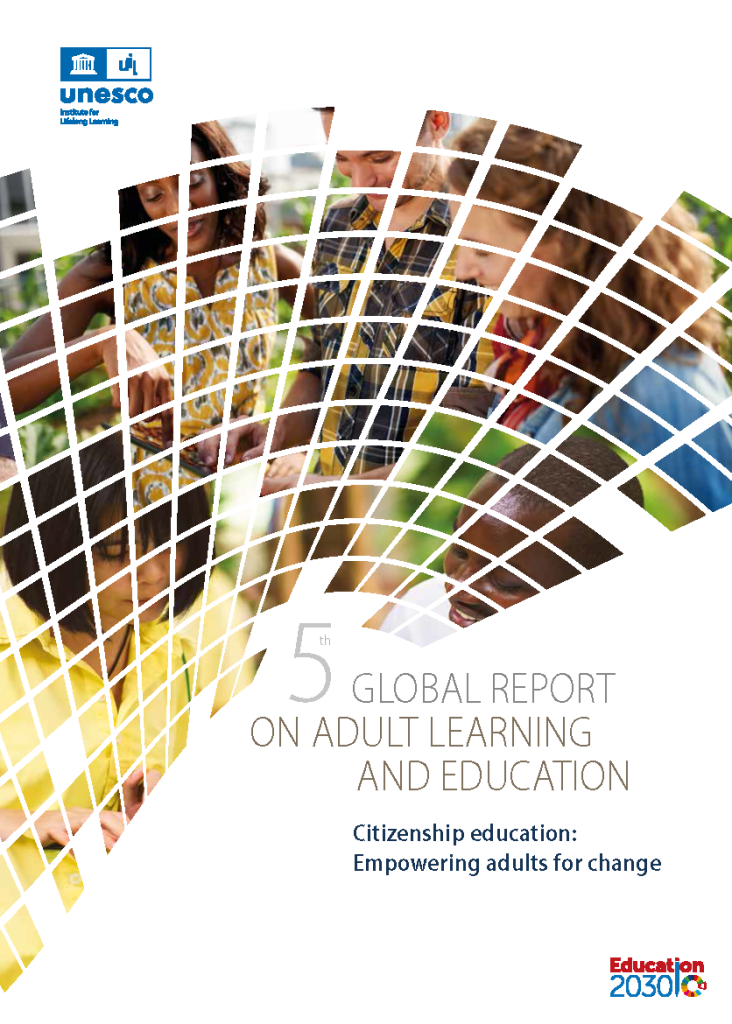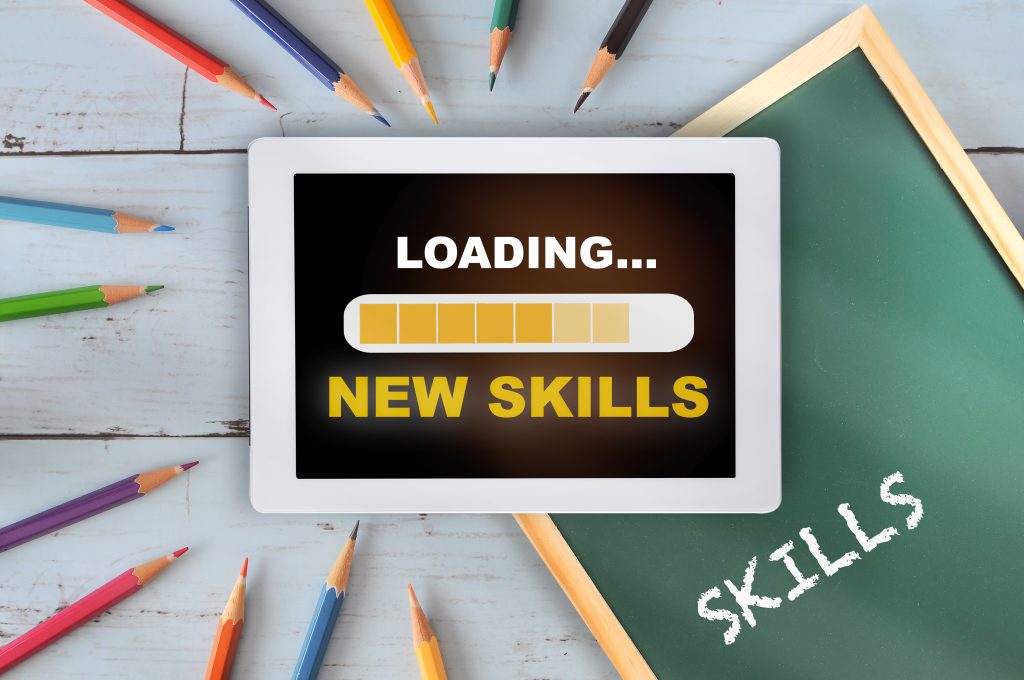The understanding of adult learning and education affirmed in GRALE 5 and at CONFINTEA VII is only the start – we must continue to make our voices heard, writes Christiana Nikolitsa-Winter

UNESCO’s Fifth Global Report on Adult Learning and Education (GRALE 5), subtitled‘Citizenship education: Empowering adults for change’, was launched on 15 June during CONFINTEA VII, in Marrakech, Morocco.
GRALE 5 shows that although progress has been made, notably in the participation of women, the picture overall remains uneven. Vulnerable groups, those who stand to benefit most from learning opportunities, are the least likely to access them. The education of migrants, refugees and displaced people remained a low priority for most countries, while around two-thirds of countries reported no improvements in the participation of people with disabilities or prisoners. Some countries reported that participation of rural populations had declined, while participation of older adults had decreased in 38 of the 159 surveyed countries. Continue reading


